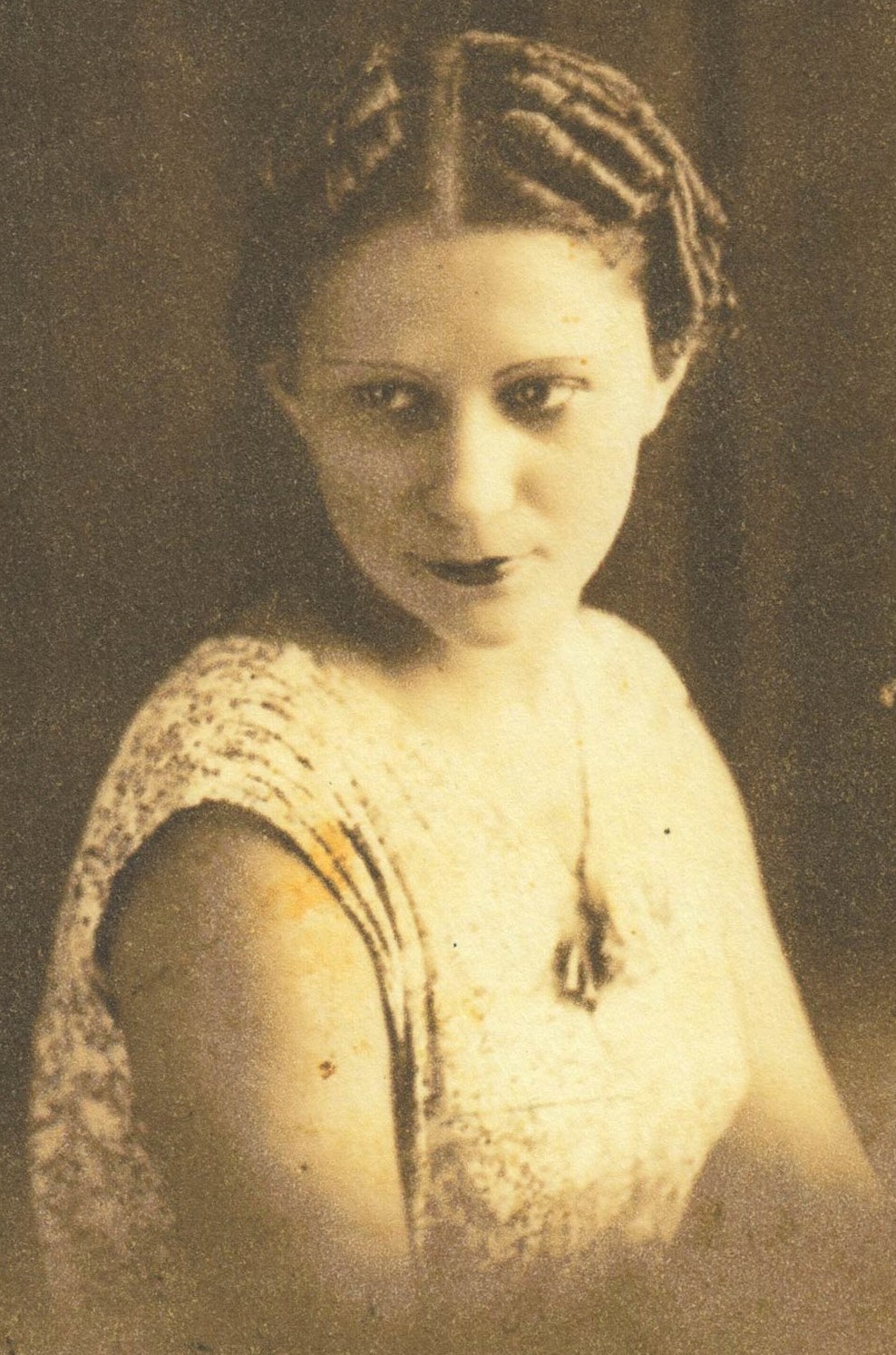Julia de Burgos was a celebrated literary icon of the Americas whose themes of Blackness, feminism, love, migration, nationalism, and nature helped birth the 1960s Nuyorican movement. Julia Constanza Burgos García, teacher, activist, journalist, and poet, was born February 17, 1914 in Santa Cruz, Carolina, Puerto Rico to parents Paula García Burgos, a domestic, produce seller, and homemaker, and Francisco Burgos Hans, a national guardsman and farmer. The oldest of thirteen, Burgos witnessed six of her siblings die before reaching adulthood. The Río Grande de Loíza served as both childhood setting and title of her greatest ode.
In 1928, University High School awarded Burgos a scholarship where she engaged in various sports and academically excelled. At the University of Puerto Rico (UPR) her literary talents and independentista ideology flowered while earning a teaching certificate (1931-1933). Burgos taught in Cedro Arriba, Naranjito (1935-1936) and became general secretary of Frente Unido Femenino (1936) where she delivered speeches, wrote letters, and advocated for the release of imprisoned Afro-Puerto Rican Nationalist Party president Pedro Albizu Campos.
Burgos’ African heritage is now unknown to many due to the whitening of her image. Certainly, Africa was not a persistent strand in her poems and she abstains from an overt Black consciousness in communications. Her political critiques employ the language of anti-imperialism, but not a pro-Black stance.
Nevertheless, unlike some Puerto Ricans of her era, particularly the light-skinned brown elites, Burgos did not reject her African lineage. In “Ay ay ay de la Grifa Negra,” Burgos asserts her race, albeit, in complicated ways. Contemporaries, including poet Clemente Soto Vélez, described her as “cinnamon-colored” and trigueña (Puerto Rican colloquial for fair-skinned Black person); and the US census labeled her mother, maternal aunts, uncles and grandparents, “mulattos” (1910).
Burgos expresses solidarity with Harlem’s African Americans while a journalist for the Spanish-language socialist weekly Pueblos Hispanos (1943-1944) and participated in cultural, literary and political events that affirmed her staunch support for social justice in Puerto Rico, Cuba (1940-1942), Washington, DC (1944), and New York City (1940-1953).
Burgos had a romantic relationship with Dominican physician Juan Isidoro Jiménez Grullón but eventually married journalist Rubén Rodriguez Beauchamp and musician Armando Marín, both Puerto Ricans (1934-1946). She began adding “de” before Burgos in 1937 as a defiant feminist act to reclaim herself.
Over her career she published Poemas exactos a mí misma (1937), Poema en veinte surcos (1938), Canción de la verdad sencilla (1939), and El mar y tú (1954), the latter posthumously by sister María Consuelo Burgos García. Writer Jack Agüeros translated her 203 poems into English in Song of the Simple Truth published in 1997.
For her work Burgos won Institutos de Literatura and Cultura Puertorriqueña poetry prizes (1939, 1946). After her death, Burgos garnered a UPR honorary doctorate (1987), 44¢ US stamp (2010), and streets, schools, parks, and cultural centers adopted her name.
Julia de Burgos died in Harlem Hospital of pneumonia on July 6, 1953. She was buried in Carolina, fulfilling a wish for her bones to “fortify worms from there” and not on US soil.

